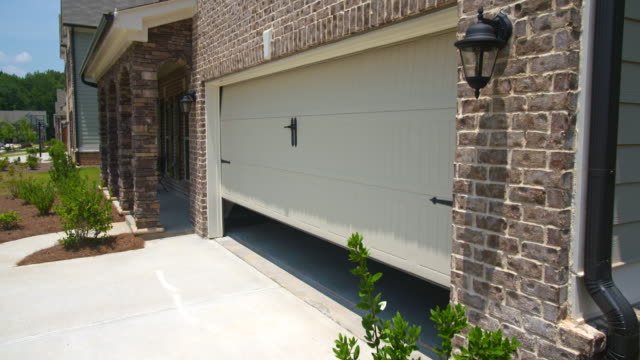Understanding Garage Doors
Garage doors are an essential part of your home’s exterior, providing security, convenience, and curb appeal. Whether you’re considering a new installation or need repairs for your existing door, it’s important to understand the basics of garage doors.
- Types of Garage Doors: Garage doors come in various types, including traditional overhead doors, roll-up doors, sliding doors, and carriage-style doors. Each type has its own advantages and considerations, such as space requirements, insulation properties, and aesthetic appeal.
- Maintenance Tips: Regular maintenance is key to keeping your garage door in optimal condition. Simple tasks like lubricating moving parts, inspecting for wear and tear, and cleaning the tracks can help prevent costly repairs and prolong the lifespan of your door.
- Common Garage Door Problems: Garage doors may experience issues over time, such as noisy operation, uneven movement, or malfunctioning opener systems. Understanding the common problems and their causes can help you troubleshoot issues and know when to seek professional assistance.
- Professional Repair Services: When your garage door needs repairs, it’s essential to hire a qualified technician to ensure safe and effective solutions. Professional repair services can address issues like broken springs, damaged panels, misaligned tracks, and malfunctioning opener systems with expertise and efficiency.
- New Door Installation: If you’re building a new home or looking to upgrade your existing garage door, consider factors like material, insulation, design, and security features. Consulting with a garage door specialist can help you choose the right door for your needs and budget.
- Energy Efficiency: Insulated garage doors can help improve energy efficiency by reducing heat loss in winter and heat gain in summer. Insulation options include polystyrene or polyurethane foam, which can help regulate temperatures inside your garage and potentially lower your heating and cooling costs.
- Safety Features: Modern garage doors come with various safety features to protect you, your family, and your belongings. These may include photoelectric sensors to detect obstructions, auto-reverse mechanisms to prevent accidents, and rolling code technology to enhance security against intruders.
- DIY vs. Professional Installation: While some homeowners may attempt DIY garage door installations, it’s often best to leave this task to professionals. Garage door installation requires specialized tools, knowledge of building codes, and expertise to ensure proper alignment, balance, and operation of the door.
- Warranty and Maintenance Plans: When purchasing a new garage door or scheduling repairs, inquire about warranty coverage and maintenance plans offered by the manufacturer or service provider. These plans can provide peace of mind and help you protect your investment in your garage door.
- Emergency Services: In cases of garage door emergencies, such as a malfunctioning door preventing access to your vehicle or belongings, many garage door companies offer emergency repair services. Knowing who to call in such situations can help you quickly resolve the issue and restore functionality to your garage door.
- Community Resources: Some communities offer resources and programs to assist homeowners with garage door maintenance, repairs, and replacements. Check with local government agencies or neighborhood associations to see if any assistance or incentives are available to help you maintain your garage door.
Garage doors are essential components of your home, providing security, convenience, and aesthetic appeal. By understanding the basics of garage door maintenance, repair, and installation, you can ensure that your garage door remains safe, functional, and attractive for years to come.









